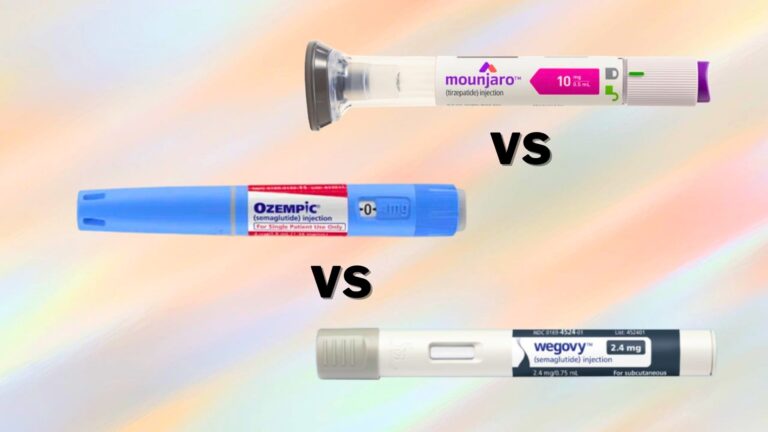Are The New Obesity Guidelines For Children By AAP Problematic?

The recent guidelines issued by the American Academy of Pediatrics on Childhood Obesity have drawn several criticisms from various fronts. Many medical experts and health practitioners have alleged that the guidelines are an inaccurate presentation of childhood obesity and present an overly medical view of the condition.
According to the guideline, medications for obesity can be administered to kids as young as 12 and surgery can be prescribed for children above 13 years old. The current transformations in the guidelines were implemented based on the context of an increase in childhood obesity in the United States.
What Are The Major Drawbacks Of These Guidelines?
According to statistics, around 14 million children in the United States suffer from conditions such as obesity and being overweight. The recent data in this regard showcases that there is an increase in the rates of childhood obesity from 17% to 20%. It was at this juncture, the American Academy of Pediatrics issued its revision of the guidelines by stating that the old way of “watchful waiting” in treating childhood obesity should be changed.

The new guidelines were set as a part of treating obesity as a life-threatening condition which was supported by the American Medical Association (AMA) when it weighed in calling Obesity a disease in 2013. The current reformation in the guidelines calls for an overall change in obesity treatment in children by bringing attention to the biological and socio-economical factors behind it.
Even though the guidelines focus on a variety of related aspects in the broad spectrum of childhood obesity, many experts are pointing out that it has some serious drawbacks. One of the major allegations in this regard is that the recent changes are too aggressive in the treatment modalities regarding childhood obesity. Some experts think that recommending weight-loss medications and surgery for children is dubious and wrong.
The guidelines suggest a weight loss drug known as Metformin to treat childhood obesity which is not even approved by the Food and Drugs Association. Even though the medication was approved for treating Type 2 diabetes in 1994, the drug hasn’t been authorized by the FDA to treat weight loss. Along with that, the drug can cost dollars per year which cannot be feasible for every family to include in their budget.

Another allegation that is currently raised against the guideline renovation is against bariatric surgery. Bariatric surgery or also known as weight loss surgery is authorized by the American Society of Metabolic and Bariatric Surgery (ASBBS) and the International Federation for the Surgery of Obesity (IFSO) in October 2022 for adults with a BMI of over 35. As per the new guidelines, children above 13 years old can be suggested for surgery if he/she is suffering from acute obesity. But in reality, such surgery can cost thousands of dollars. Also, the FDA hasn’t approved some of the surgical interventions for children under 18 years old. For many of the medical practitioners out there, there are some grave loopholes in the revised guidelines. They fear that without examining these loopholes in detail, the whole mission can be “setting them up for failure”.
According to some medical experts, there can be some other ways that include more education and training to choose a healthy lifestyle instead of directly conducting surgery on children. For them, understanding the issues that drive the current health crisis is crucial. Some of the factors that amount to unhealthy eating and a sedentary lifestyle in children include too much sugar in the diet, an increase in the consumption of ultra-processed foods, and a lack of physical activities.
A study published in the journal JAMA Pediatrics in 2021 elucidated the association between childhood consumption of ultra-processed food and obesity that follows. According to these experts, an overall change in the upbringing of the kid regarding what to eat and how to exercise should be implemented before attempting surgery and medication.
Many critics of the guidelines allege that the new changes are trying to convert the children into medical cash cows even before they turn 18 years old. This is profitable for the major medical industries such as Big Pharma because the new procedure can be profitable for their business. Most of this criticism arises from the point that obesity in children can’t be treated as a singular issue, but rather the socio-economic background should be given more focus.
According to Robert H.Lustig, the famed American pediatric endocrinologist who wrote an acclaimed book titled Metabolican: The Lure and the Lies of Processed Food, Nutrition, and Modern Medicine, genetics cannot be blamed as the single most reason behind the current obesity epidemic. A proper evaluation of the overall environment of the child is necessary to treat obesity from its roots and that is what is lacking in the revised guidelines issued by AAP.





